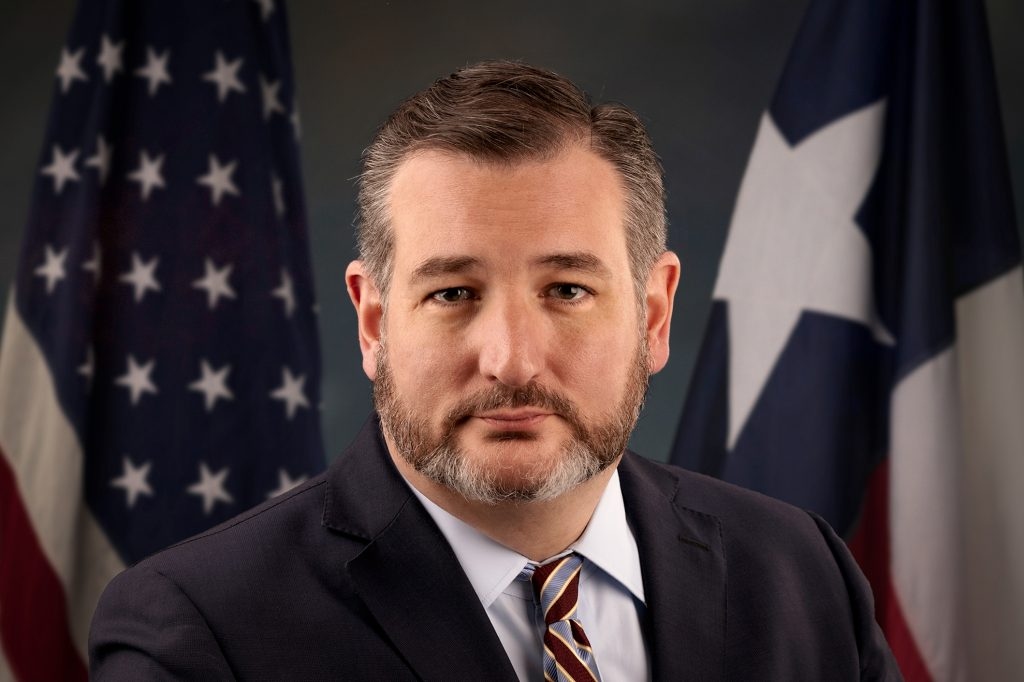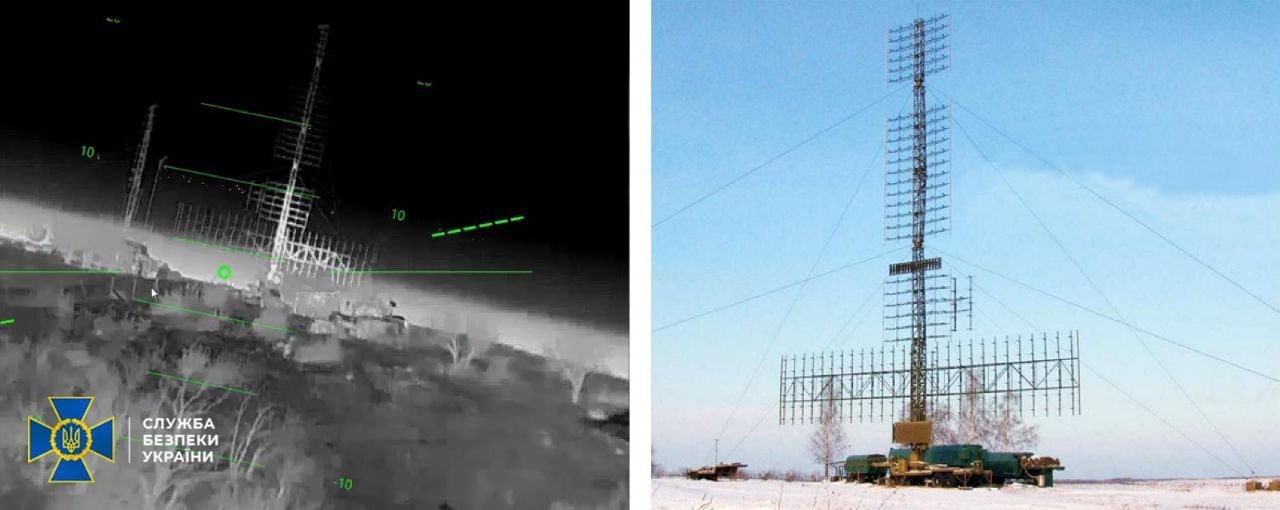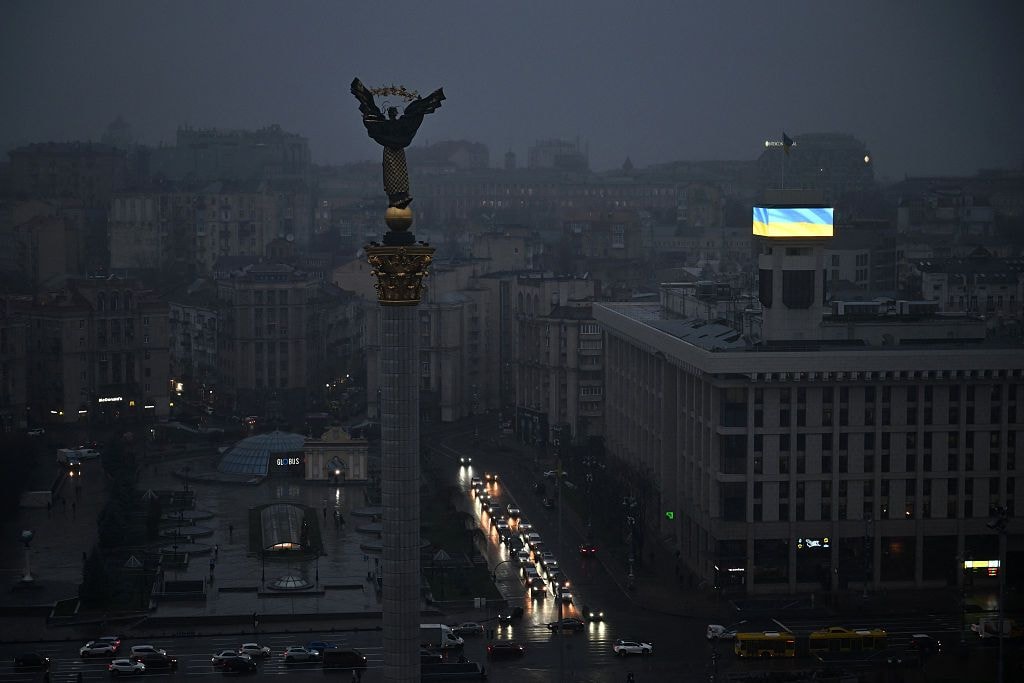Deal reached in US Senate for vote on Nord Stream 2 sanctions

Republican Senator Ted Cruz and Democratic Senate Majority Leader Chuck Schumer have reached an agreement to confirm more than 36 nominees for ambassadorships and senior positions in exchange for a vote on renewed sanctions on Russia’s Nord Stream 2 project.
According to American publication Politico, the deal struck on the morning of Dec. 18 will end Cruz’s block on the confirmations. The Republican has been obstructing them in protest of U.S. President Joe Biden’s May decision to waive sanctions on the pipeline.
Nord Stream 2 is an undersea gas pipeline from Russia to Germany allowing Russia to bypass Ukraine. If it’s allowed to operate, Ukraine can lose up to $2 billion in transit fees per year, as well as an important bargaining chip to hold back Russia’s aggression.
The U.S. Congress had authorized sanctions on Nord Stream 2 but in May, Biden waived them saying it was “almost complete” and he didn’t want to sabotage his ability to repair relations with Germany, which wanted the pipeline. On July 20, Biden and Merkel struck a deal on Nord Stream 2, agreeing the U.S can trigger sanctions against Russia if Nord Stream 2 is used as a “political weapon.”
Senator Ted Cruz vehemently opposed this deal, promising that he would use “all options” to stop the Nord Stream 2 project. Cruz stated that the pipeline, if completed, would “give [Russia] billions of dollars to put into use for malign efforts in Europe and throughout the world.”

Since then, Cruz held up dozens of important nominations by interfering with the Senate's practice of confirming candidates by unanimous consent. By forcing a vote on each appointment, he took up time on the Senate floor, slowing down its work.
Several Democratic Senators criticised Cruz’s tactics, claiming that his actions were impacting U.S. national security. Senator Chris Coons had described Cruz’s actions as “unreasonable” and called for Republicans to end their block on nominees. The Biden administration said it was causing a “personnel crisis.”
In exchange for Cruz removing his interference, Schumer agreed to table a vote on new Nord Stream 2 sanctions before Jan. 14. Cruz has stated that he would lift all his blocks on nominees when the bill passes through the Senate.
Cruz’s bill, which will reapply sanctions introduced under early mandates, would need to gain at least 60 votes to pass the Senate, which is now composed of 50 Democrats, 48 Republicans and two Independents who caucus with the Democrats.
According to Reuters, a senior Republican congressional aide believes that the bill will likely pass. This would lead to a significant reversal of the U.S’s permissive foreign policy on Nord Stream 2.
The sanctions debate is coming at a dangerous time for Ukraine. Since November, Russia has amassed around 100,000 troops on Ukraine’s borders and inside occupied territories, preparing for a possible invasion in the first two months of 2022.
The U.S. has spoken with Germany, France, Italy and the U.K. about punitive measures in case Russia invades. These include the shutdown of Nord Stream 2.
Other penalties may include blocking Russian companies from global capital markets, targeted financial penalties and the disconnection of Russia from the SWIFT international banking transaction system.










